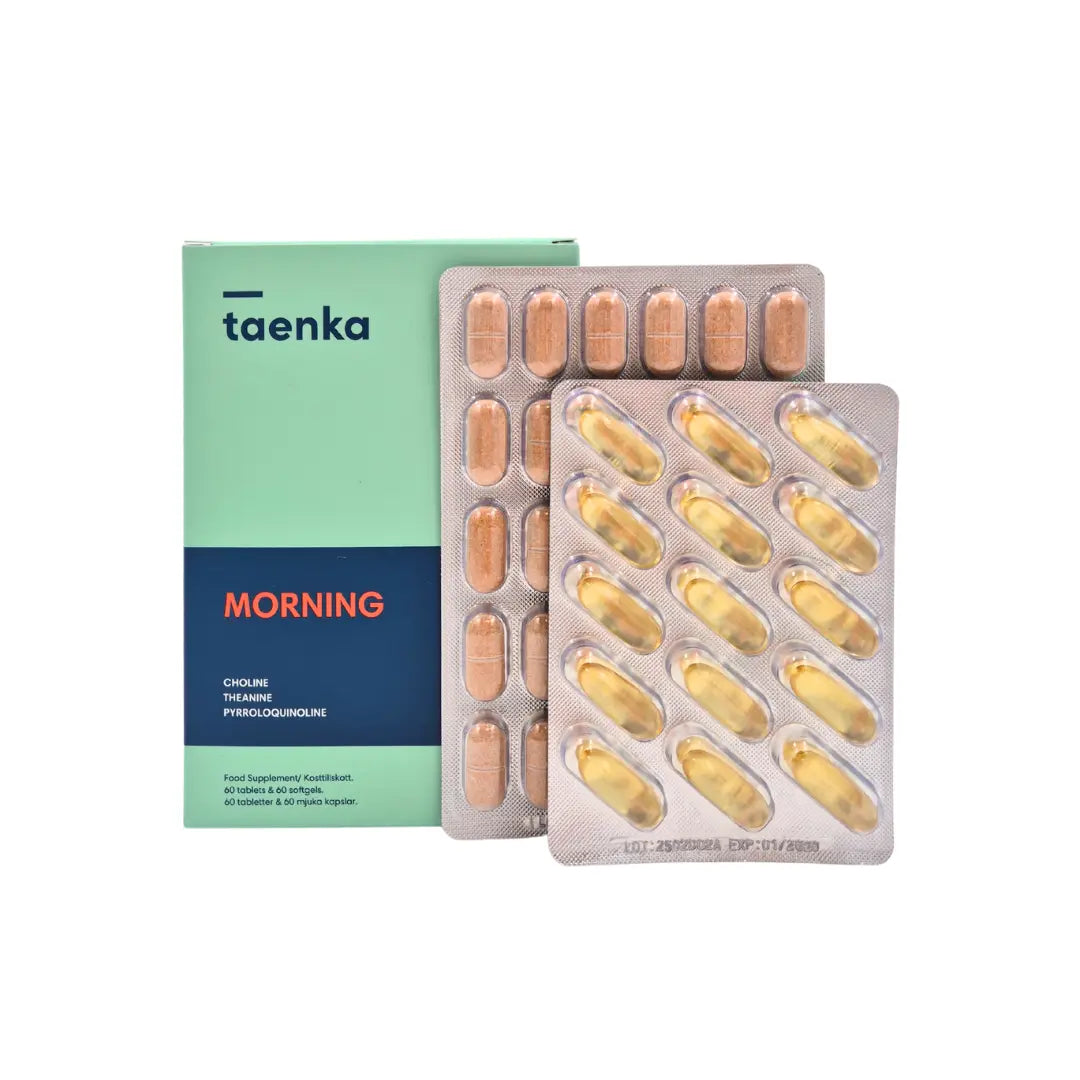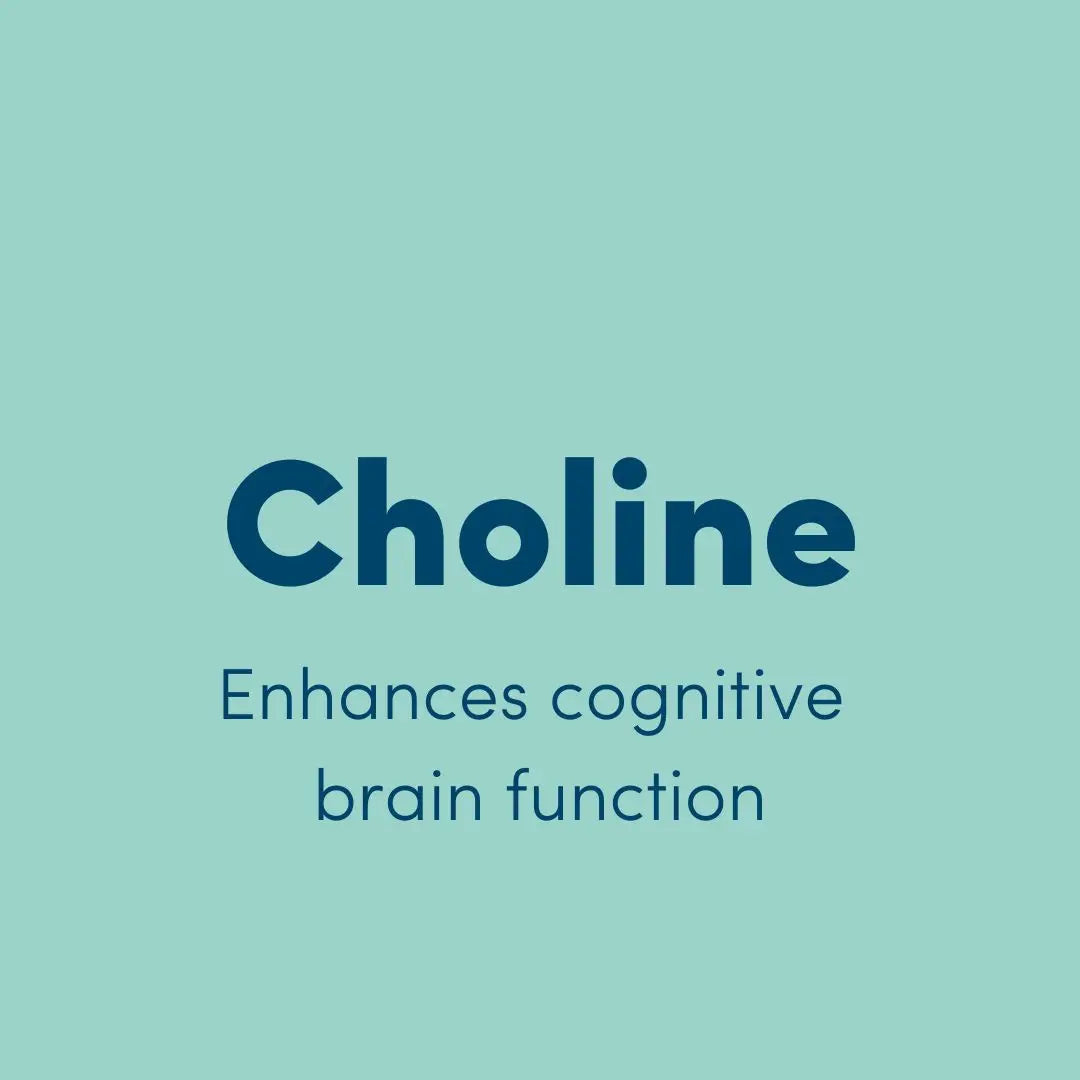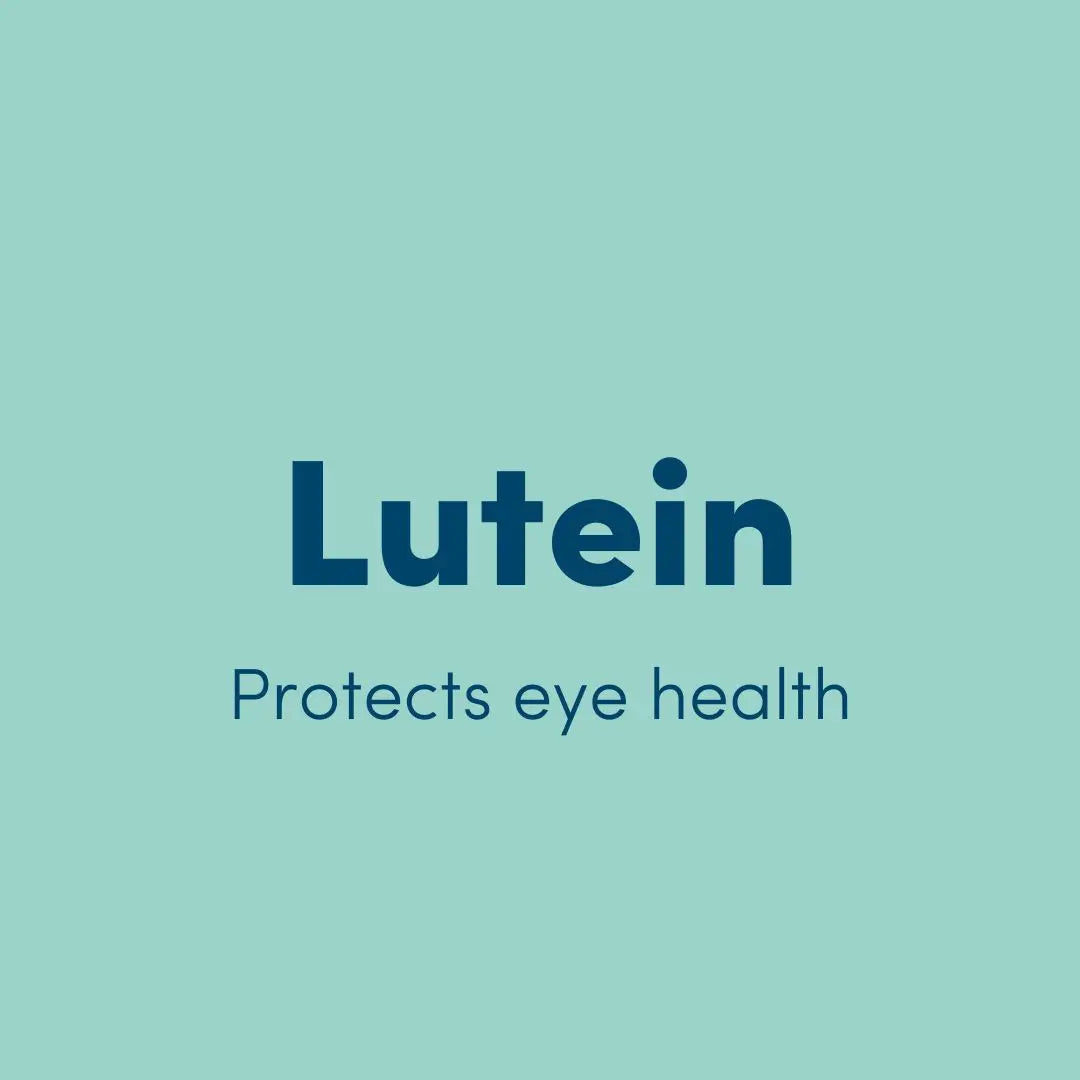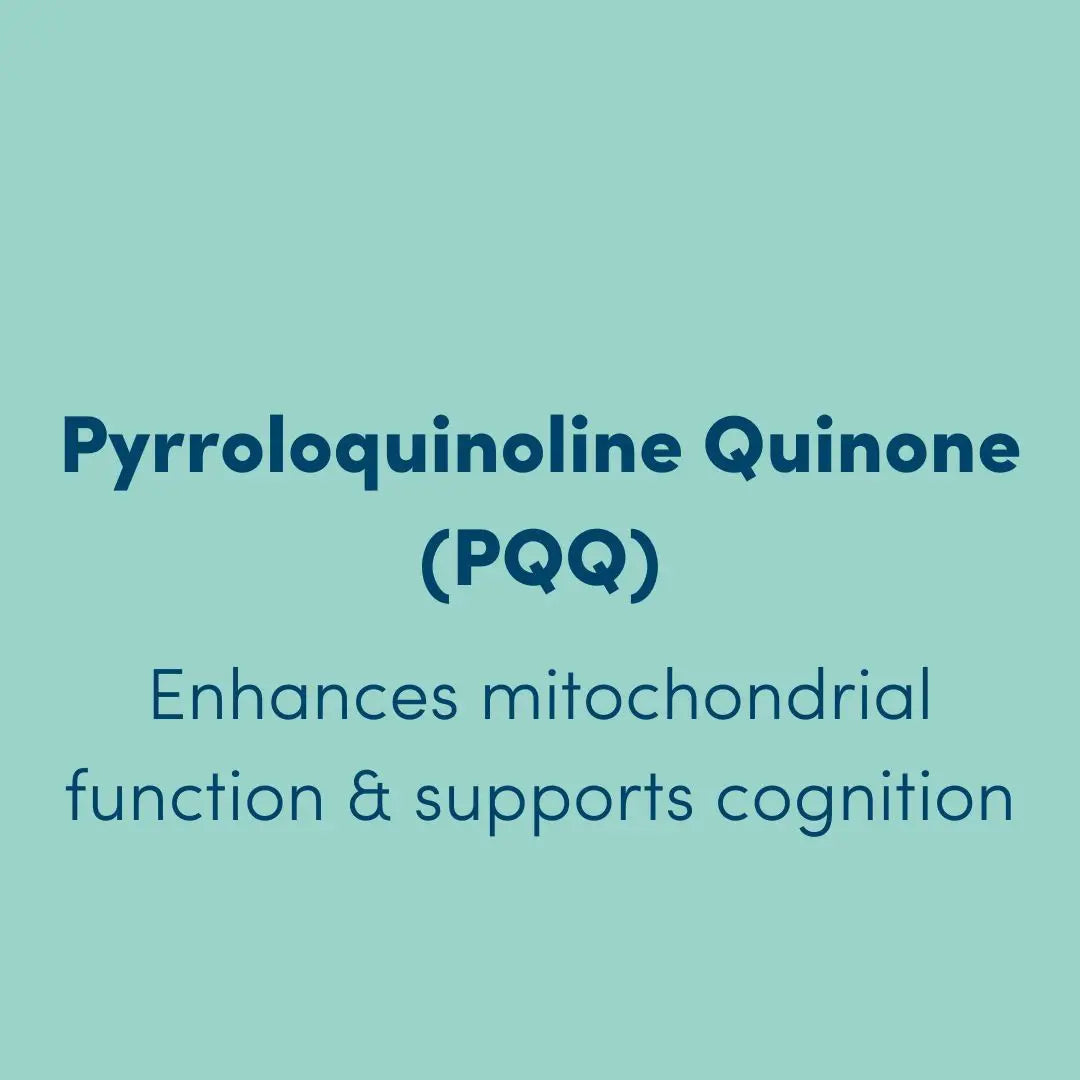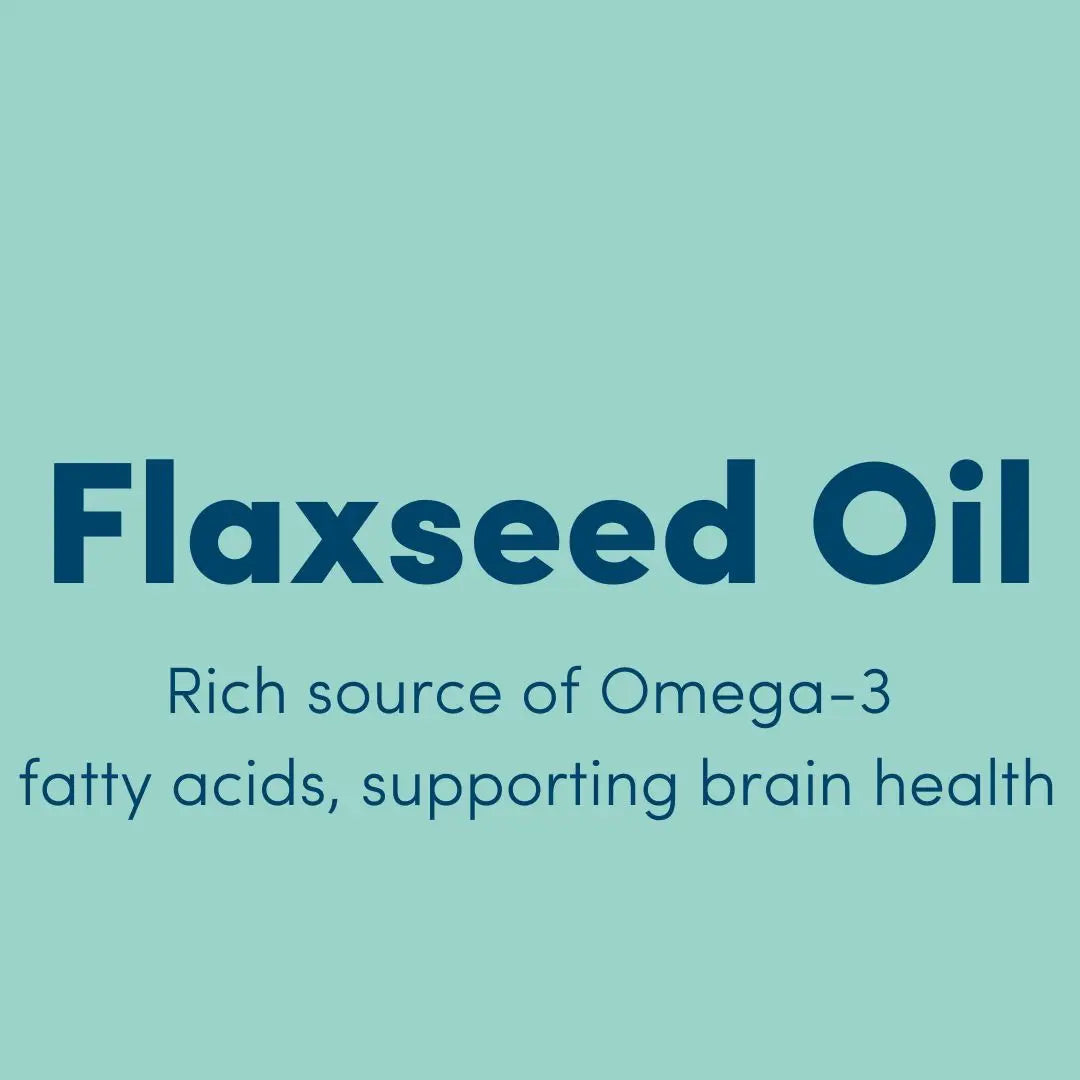What Is Choline and Why Is It Important?
The health benefits of choline are vast, as this water-soluble compound, often grouped with B vitamins, plays a key role in brain and liver function. It is found in various foods such as eggs, liver, fish, poultry, dairy products, cruciferous vegetables, and whole grains. Although the body can produce some choline, dietary intake is essential to meet the full requirement and maintain optimal health.
Key Health Benefits of Choline
Neurotransmitter Synthesis
Choline is a precursor to acetylcholine, a critical neurotransmitter involved in many functions, including memory, mood, muscle control, and other nervous system activities. Adequate choline intake supports the synthesis of acetylcholine, which is essential for maintaining healthy communication between neurons.
Cognitive Function and Neuroprotection
Choline is particularly crucial during fetal development and early childhood. It supports the formation of the brain and spinal cord, influencing lifelong cognitive function and memory. Choline supplementation is linked to improved memory and cognitive function. Read more about our ingredients specifically designed to support fetal brain development and cognitive health.
Memory & Brain Health
Supplementing with choline may enhance memory retention and protect against cognitive decline. If you’re looking for the best choline supplement for brain, look for formulations that include alpha GPC or CDP-choline, which have high bioavailability.
Brain Plasticity and Repair
Choline contributes to brain plasticity, the brain’s ability to adapt and reorganize itself by forming new neural connections. This is crucial for learning and memory. Additionally, choline is involved in repairing brain cell membranes, maintaining the structural integrity of neurons, and facilitating the formation of new neurons.
Mood Regulation
Choline plays a role in regulating mood and may help prevent mental health disorders such as depression and anxiety. This is partly due to its role in acetylcholine synthesis and its influence on other neurotransmitters involved in mood regulation.
Protection Against Neurodegeneration
Adequate choline intake may provide a protective effect against neurodegenerative diseases. It reduces inflammation in the brain, which can contribute to neurodegeneration.

Choline and Pregnancy - Supporting Brain Development from the Start
Choline is an essential nutrient, especially during pregnancy. It plays a critical role in the development of the fetal brain and central nervous system. Research shows that adequate choline intake during pregnancy:
- Supports healthy brain and memory development in the fetus
- Reduces the risk of neural tube defects (similar to folate)
- Improves cognitive function and memory in children later in life
- Contributes to placental function and reduces inflammation
Despite its importance, many expecting mothers don’t get enough choline through diet alone. That’s why leading health organizations now highlight choline alongside folic acid in prenatal care.
At taenka, we include choline in our formulation not only for adult brain performance – but because it’s backed by over two decades of research in lifelong cognitive development.
Choline and Weight Loss
Can choline help with weight loss? While not a traditional fat-burner, choline plays a crucial role in fat metabolism and liver function, which are foundational for healthy and sustainable weight management.
Supports Fat Metabolism
Choline is involved in the transport and metabolism of fats. It helps the liver package and export fats to be used as energy. Without enough choline, fat can accumulate in the liver, potentially leading to non-alcoholic fatty liver disease (NAFLD). A healthy liver is essential for breaking down fats efficiently, especially when following a calorie-restricted or high-protein diet.
Prevents Fat Accumulation
One of choline’s main benefits in a weight loss context is its ability to prevent fat buildup in the liver. Studies have shown that choline deficiency can lead to impaired fat metabolism, making it harder for the body to utilize stored fat as fuel.
Enhances Physical and Mental Performance
When you're dieting or working out, your brain and muscles demand more support. Choline contributes to the production of acetylcholine, a neurotransmitter essential for muscle control, coordination, and focus. This can help improve your training performance and maintain consistency, both of which are crucial for long-term weight loss.
Sources of Choline
Incorporating choline-rich foods into your diet is essential for reaping its brain health benefits. Here are some excellent sources of choline:
- Eggs: Particularly the yolk, which is one of the richest sources of choline.
- Liver: Both beef and chicken liver are extremely high in choline.
- Fish: Salmon and cod are good sources.
- Meat: Beef, chicken, and turkey provide significant amounts of choline.
- Dairy: Milk, cheese, and yogurt contain choline.
- Vegetables: Broccoli, Brussels sprouts, and cauliflower are plant-based sources of choline.
- Legumes and Nuts: Soybeans, peanuts, and other legumes contain moderate amounts of choline.
Conclusion
Choline is a vital nutrient for brain health, playing a crucial role in neurotransmitter synthesis, cognitive development, memory enhancement, and mood regulation. Adequate choline intake is essential for maintaining optimal brain function and protecting against cognitive decline and neurodegenerative diseases. By incorporating choline-rich foods into your diet, you can support your brain's health and enhance your cognitive well-being throughout your life.
References
Blusztajn, J. K., Slack, B. E., & Mellott, T. J. (2017, Jul 28). Neuroprotective Actions of Dietary Choline. Nutrients, 9(8). https://doi.org/10.3390/nu9080815
Chin, E. W. M., & Goh, E. L. K. (2019, Oct). Modulating neuronal plasticity with choline. Neural Regen Res, 14(10), 1697-1698. https://doi.org/10.4103/1673-5374.257516
Conway, T., Seidler, K., & Barrow, M. (2024, Sep 30). Unlocking choline's potential in Alzheimer's disease: A narrative review exploring the neuroprotective and neurotrophic role of phosphatidylcholine and assessing its impact on memory and learning. Clin Nutr ESPEN, 64, 177-195. https://doi.org/10.1016/j.clnesp.2024.09.024
Glenn, M. J., Adams, R. S., & McClurg, L. (2012, Mar 14). Supplemental dietary choline during development exerts antidepressant-like effects in adult female rats. Brain Res, 1443, 52-63. https://doi.org/10.1016/j.brainres.2012.01.018
Kansakar, U., Trimarco, V., Mone, P., Varzideh, F., Lombardi, A., & Santulli, G. (2023). Choline supplements: An update. Front Endocrinol (Lausanne), 14, 1148166. https://doi.org/10.3389/fendo.2023.1148166

